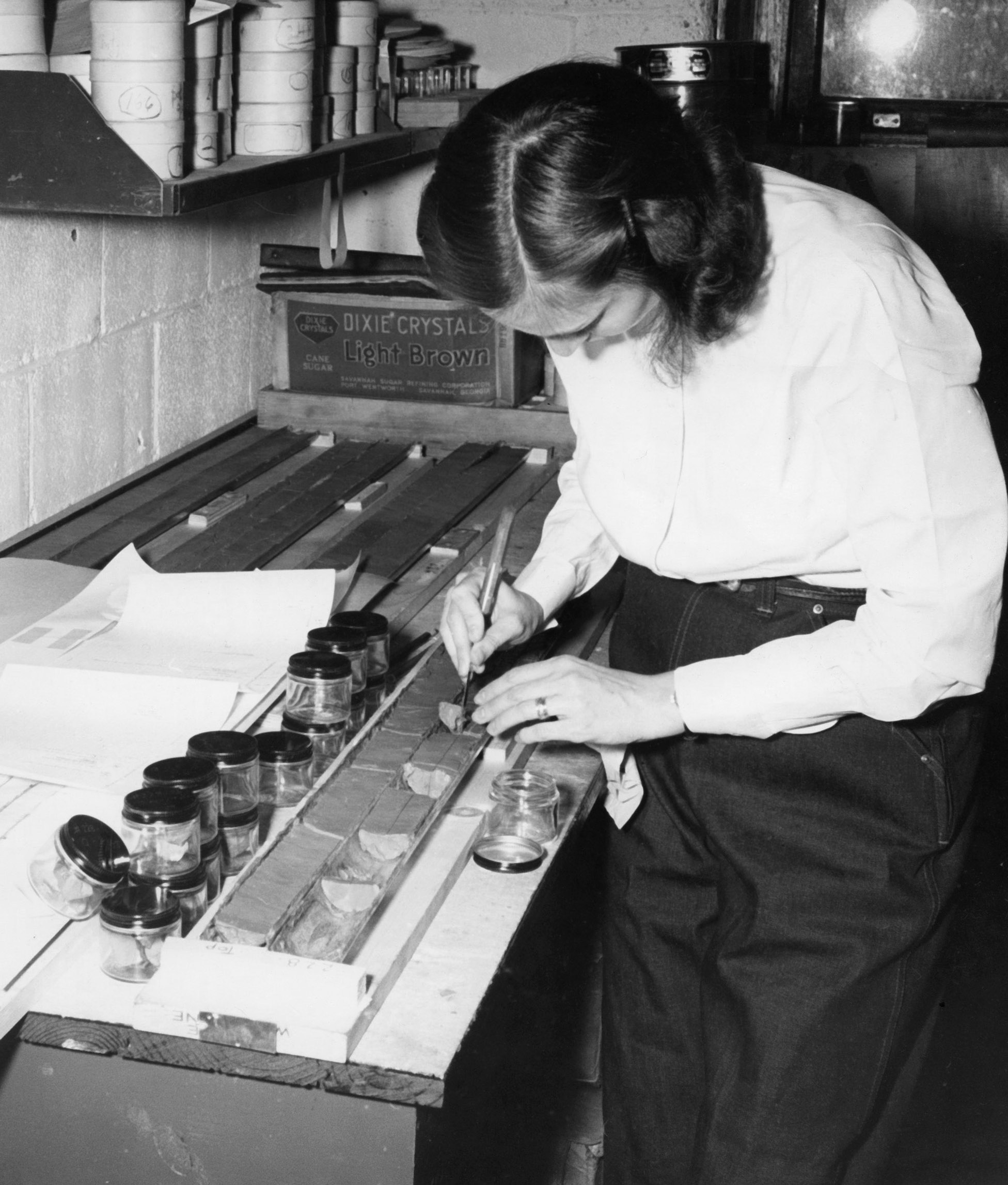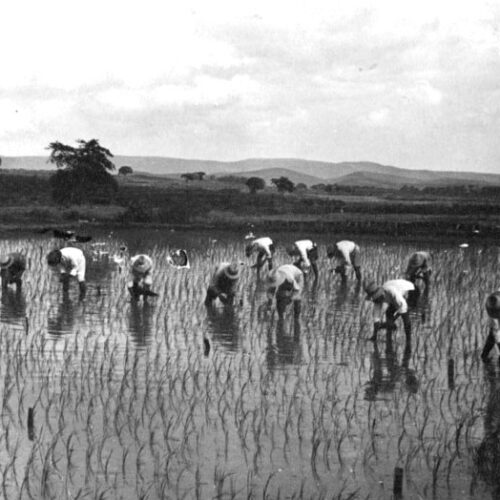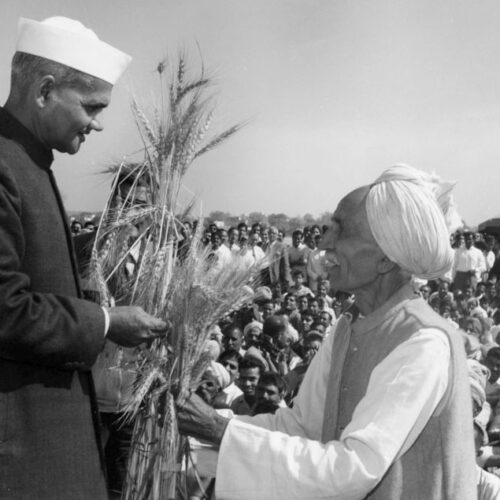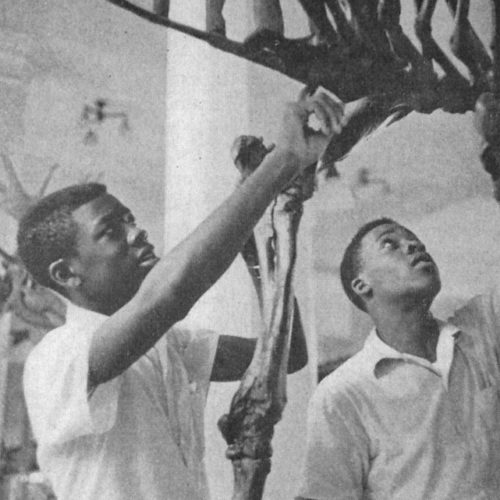Our New Research series is a forum to highlight recent archival research at RAC. It presents newly published reports submitted by RAC travel stipends recipients who have pursued their studies using our collections. In this edition of our series, the authors’ reports showcase a wide range of collections that they explored. These include the Blanchette Hooker Rockefeller papers and the Nelson A. Rockefeller papers. Also cited are records from the China Medical Board, the Rockefeller Foundation, the Asian Cultural Council, the Ford Foundation, and the American International Association for Economic and Social Development, along with archival materials from the Rockefeller family office.
“China Medical Board and Modern Medicine in Seoul” by Hyung Wook Park
In his report, “China Medical Board and Modern Medicine in Seoul,” Hyung Wook Park looks at the impact of the China Medical Board’s (CMB) philanthropic support of medical developments in South Korea following the Korean War. In the aftermath of CMB’s exit from China due to the communist takeover in 1949, the foundation re-interpreted the geographic boundaries of its mission to new regions, in its efforts to further medical research and assist in modernizing health care. South Korea became a natural new focus of CMB’s grantmaking. As Dr. Park notes, starting in the 1960s, the hospital at Seoul National University (SNU) became a major recipient of CMB largesse, with strong support for its schools of medicine and nursing, along with major funding for the design and construction of the main building of SNU’s hospital. His exploration of the China Medical Board records revealed strong evidence that while Korean professionals welcomed the generosity of CMB support, they were not passive recipients of this funding. They had their own ideas on how best to advance medicine in the country. What ensued was a complex interplay between the CMB’s plans and strategies with these Korean agendas for modernizing medicine.
Hyung Wook Park is a historian of science and medicine. He is an associate professor at the School of Humanities of Nanyang Technological University in Singapore. Dr. Park’s areas of expertise include the problem of aging, health, cross-disciplinary communication, and religious interactions in scientific exchanges.
“Towards the Asian Cultural Council: Blanchette Rockefeller and Her Engagement with Asia, 1951-1986” by Evan Ward
For Evan Ward, “Towards the Asian Cultural Council: Blanchette Rockefeller and Her Engagement with Asia, 1951-1986” is the third in a series of research reports on Blanchette Hooker Rockefeller’s interest in art and her leadership in cultural institutions. In this report, the researcher focuses on her engagement with Asian culture and art and how this passion expressed itself in support for the Asia Society and the establishment of the Asian Cultural Council. As Dr. Ward notes, Mrs. Rockefeller’s first visit to Asia was a 1951 trip with her husband, John D. Rockefeller 3rd, to Japan to foster cultural ties in the postwar era. He emphasizes that Blanchette Rockefeller’s fascination with Asian culture deepened over time through the personal connections she made, her pursuit of academic studies, and her abiding love of art. The culmination of these interests was the creation of the Asian Cultural Council, a non-profit organization dedicated to advancing international cultural exchange through the arts.
Evan Ward is an associate professor of history at Brigham Young University, with a specialization in travel and tourism.
‘Developing’ Intellectuals in Cold War Burma: The Production of The Atlantic‘s 1958 Country Supplement” by Su Lin Lewis
Su Lin Lewis’s research report presents an interesting story on the Ford Foundation’s involvement with a publishing program in the context of the Cold War. “‘Developing’ Intellectuals in Cold War Burma: The Production of The Atlantic‘s 1958 Country Supplement” highlights Ford’s Intercultural Publications project, which underwrote the magazine’s “Perspective of Burma” supplement (as well as those on a number of other countries). This publication provided a forum to feature the writings by prominent Burmese intellectuals, with essays introducing aspects of their country’s political, social, and cultural life to the wider world. Dr. Lewis observes that this literary initiative can be seen as a part of a broader effort to engage with the emerging “Third World” during a time of competition between East and West. In her view, US foundations played a decisive role in numerous “cultural development” projects during this era. She points out that during this 1950s window, Burma was a “hotbed of cultural experimentation” and “Perspectives” was an opportunity to present the diversity of the country’s intellectual life not only to an American audience, but in light of how the supplement was reproduced, translated, and distributed, to a much larger worldwide audience.
Su Lin Lewis is an associate professor of modern global history at the University of Bristol. She specializes in global and transnational history in the twentieth century, with a particular focus on Southeast Asia. Her research interests include urban history, civil society and activist networks, gender, migration, decolonization, and development.
“Pastoral Agriculture: John B. Griffing, Agricultural Missionaries, and Transnational Agricultural Development” by Spencer Stewart
As researcher Spencer Stewart observes, John Griffing had a career that spanned multiple fields of activities. In his research report, “Pastoral Agriculture: John B. Griffing, Agricultural Missionaries, and Transnational Agricultural Development,” Stewart focuses on Griffing’s work in rural development in China and Brazil. With initial training as a preacher, Griffing combined his religious worldview with a calling for finding ways to improve farming practices by engaging local institutions and encouraging grassroots extension work. Stewart notes that Griffing worked as an “agricultural missionary,” promoting agricultural improvement as a tool for spreading Christianity, and that throughout his career, Griffing championed the rural church as an effective center for agricultural change. Stewart found RAC to be a major repository for the story he wanted to tell about Griffing. RAC’s other holdings documenting rural development also enabled him to place Griffing’s career in the context of broader twentieth-century philanthropic efforts to improve agriculture and rural life.
Spencer Stewart was a 2019 RAC research stipend recipient. Last year at the University of Chicago, he defended his dissertation, “Seeds of Construction: Cotton, Science, and Society in Twentieth-Century China,” highlighting his interests in agricultural development.
About the RAC Research Stipend Program
The Rockefeller Archive Center offers a competitive research stipend program that provides individuals up to $5,000 for reimbursement of travel and accommodation expenses. Learn more on our Research Stipend page



